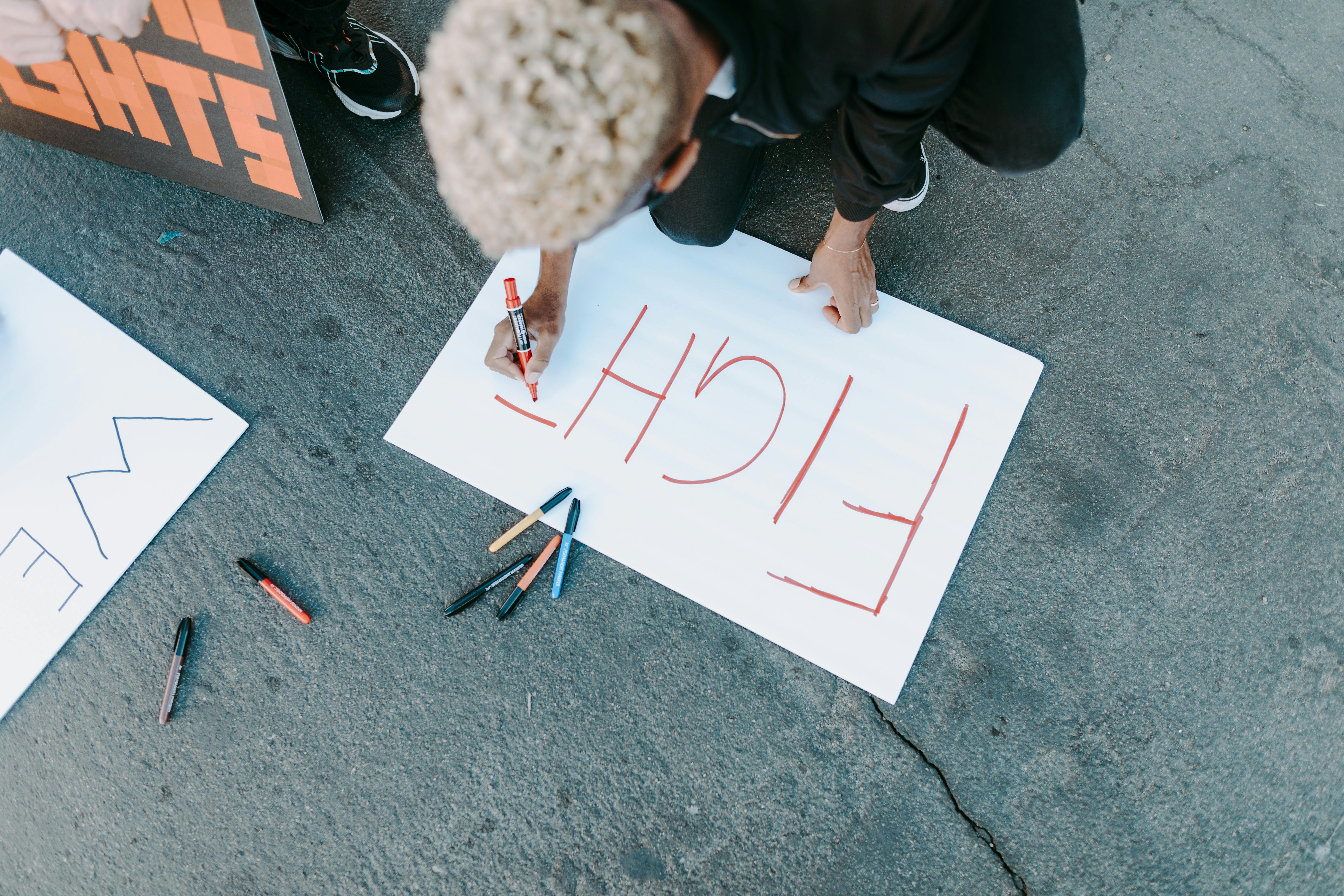More and more parents want to know when to potty train their children, especially as the economy weakens and they are looking for ways to cut unnecessary expenses like diapers. And frankly, in addition to the other benefits you and your family will receive, quickly going diaper-free is a great way to save money!
However, before you start potty training your child, you need to make sure they are physically and mentally (mentally, emotionally, socially, etc.) ready, otherwise it is likely to frustrate you and your little one. . So let’s start here…
First, there is no exact age at which all toddlers are ready to be potty trained. However, most pediatricians and the American Academy of Pediatrics agree that normal, healthy children between the ages of 18 and 27 months are ready to be potty trained. And after three decades of potty training boys and girls, I agree; however, there are exceptions to this rule on both counts. I have personally potty-trained children from 15 months to 29 months. If I had to draw a “safe” line in the sand, I would say that the vast majority of children are more than ready by the time they are two years old.
With that being said, however, keep in mind that experts agree that developmental skills are a much better predictor of potty training readiness than chronological age. What are these signs? Luckily, I’ve included some of the most common potty training readiness signs in the list below.
Children are most likely at the right age for potty training if…
1. Have sufficient cognitive and/or language skills. If so, they…
o Understand simple explanations, commands and/or instructions and respond appropriately, either verbally or otherwise.
o Understand simple words and phrases such as “pee pee”, “poop”, “potty”, etc.
o Demonstrate that they are aware of their body parts (especially genitals, their own and others)
o Imitate mom, dad, siblings or friends
o Demonstrate a basic understanding of cause and effect (eg, they will have to make the connection between urinating and the potty)
Keep in mind that young children’s language skills, that is, how well they speak or how many words they say, are not the important factors, but how well they understand simple speech.
2. Have fully mature sphincter muscles. If so, could they…
o Squatting, grunting, or showing other signs of awareness when having a bowel movement
o Pull on their diapers when urinating
o Urinating less often, but more at a time
o Having more regular bowel movements
o Stay dry for hours, especially at night (you may also notice that night stools are the first to go)
Keep in mind: Parents may still wake up with wet diapers even if their children are ready to be potty trained, if they are in the habit of drinking just before bed or bringing a cup or bottle to bed. In this case, I advise parents to try this experiment: reduce fluid intake two to three hours before bedtime, and change your children just before bedtime. (Yes, this means no bottle.) Do this for several nights and see what happens. Most of the time, this makes it much easier for young children to stay dry all night and provides an opportunity for parents to make a more accurate assessment. Oh, one other thing… if you try this, make sure you change your son or daughter’s diaper as soon as she wakes up; otherwise, if the diaper is wet, you won’t know when he peed!
3. Exhibit mature development of motor skills. If so, can they…
o Raise or lower pants
o Undressing or dressing themselves
o Put on shoes or socks, or at least try to
4. Have advanced emotional and social skills. If so, can they…
o Getting angry when things are not in their usual place. For example, you might hear something like, “No, Mommy, that cup goes here!”
o It means they are proud of their achievements. For example, they can say, “Dad, look what I did!”
o Insist on doing things themselves. For example, I was sure my granddaughter, Sevy, was more than ready to be potty-trained when every other sentence she uttered was, “No, Granny. Sevy can do it!” (She said it so often for a while that I thought her name was Sevy-Can-Do-It :>)
I hope these tips have been helpful in helping you decide when to potty train your child. As you’ve guessed, there’s no one-size-fits-all answer, and while it’s never a good idea to push toddlers before they’re ready, you certainly don’t want to wait until your son or daughter asks to go potty (if that’s the case). so, hunker down for the long haul and stock up on Pampers) or put it off until your stubborn streak wears off (ditto). If this were true, many of us would still be looking forward to potty training our 30 year olds!
In the end, use these guidelines and your own instincts and you’ll do just fine.
